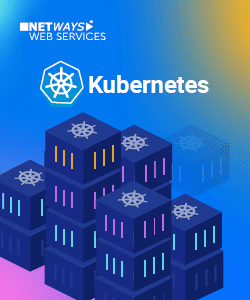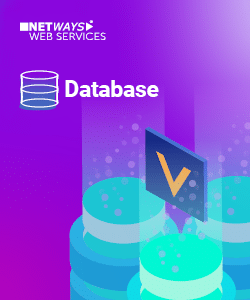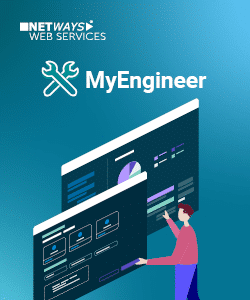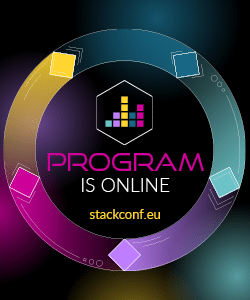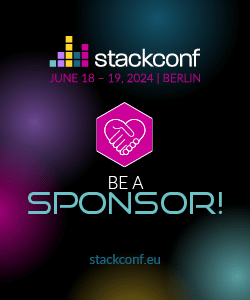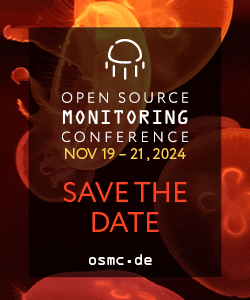Christian Patsch mit „System Orchestration with Capistrano and Puppet„.
OSDC? Noch nie gehört…
Das ist aber schade und fast schon ein unentschuldbares Versäumnis!
Aber wir holen das nach:
Die Open Source Data Center Conference (kurz OSDC) ist unsere internationale Konferenz zum Thema Open Source Software in Rechenzentren und großen IT-Umgebungen. 2015 findet sie zum siebten Mal statt und bietet mit dem Schwerpunktthema Agile Infrastructures ganz besonders erfahrenen Administratoren und Architekten ein Forum zum Austausch und die Gelegenheit zur Aneignung des aktuellsten Know-Hows für die tägliche Praxis. Diesmal treffen wir uns dafür in Berlin!
Workshops am Vortag der Konferenz und das im Anschluss an die Veranstaltung stattfindende Puppet Camp komplettieren dabei das Rundum-sorglos-Paket für Teilnehmer, die gar nicht genug Wissen in sich aufsaugen können.






